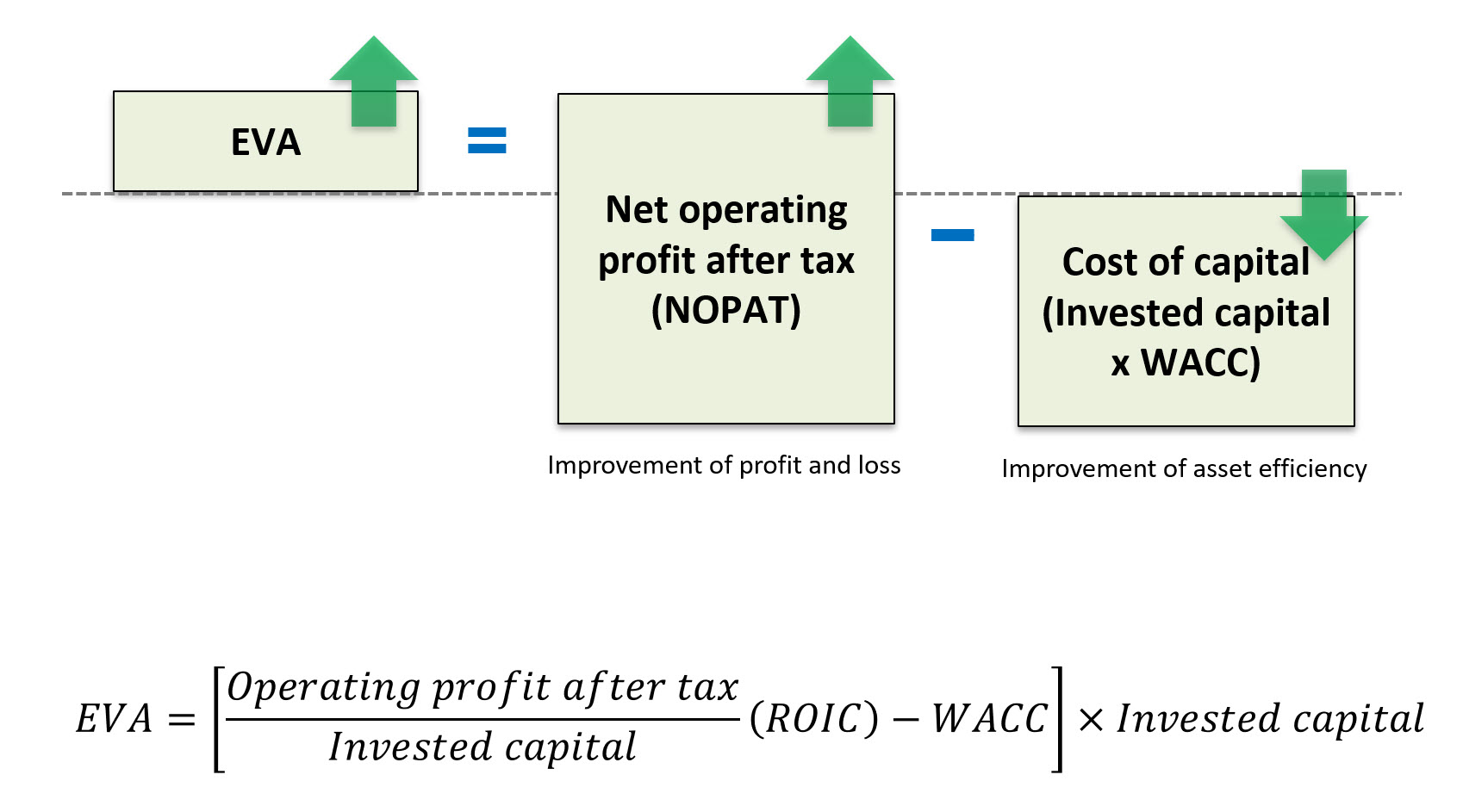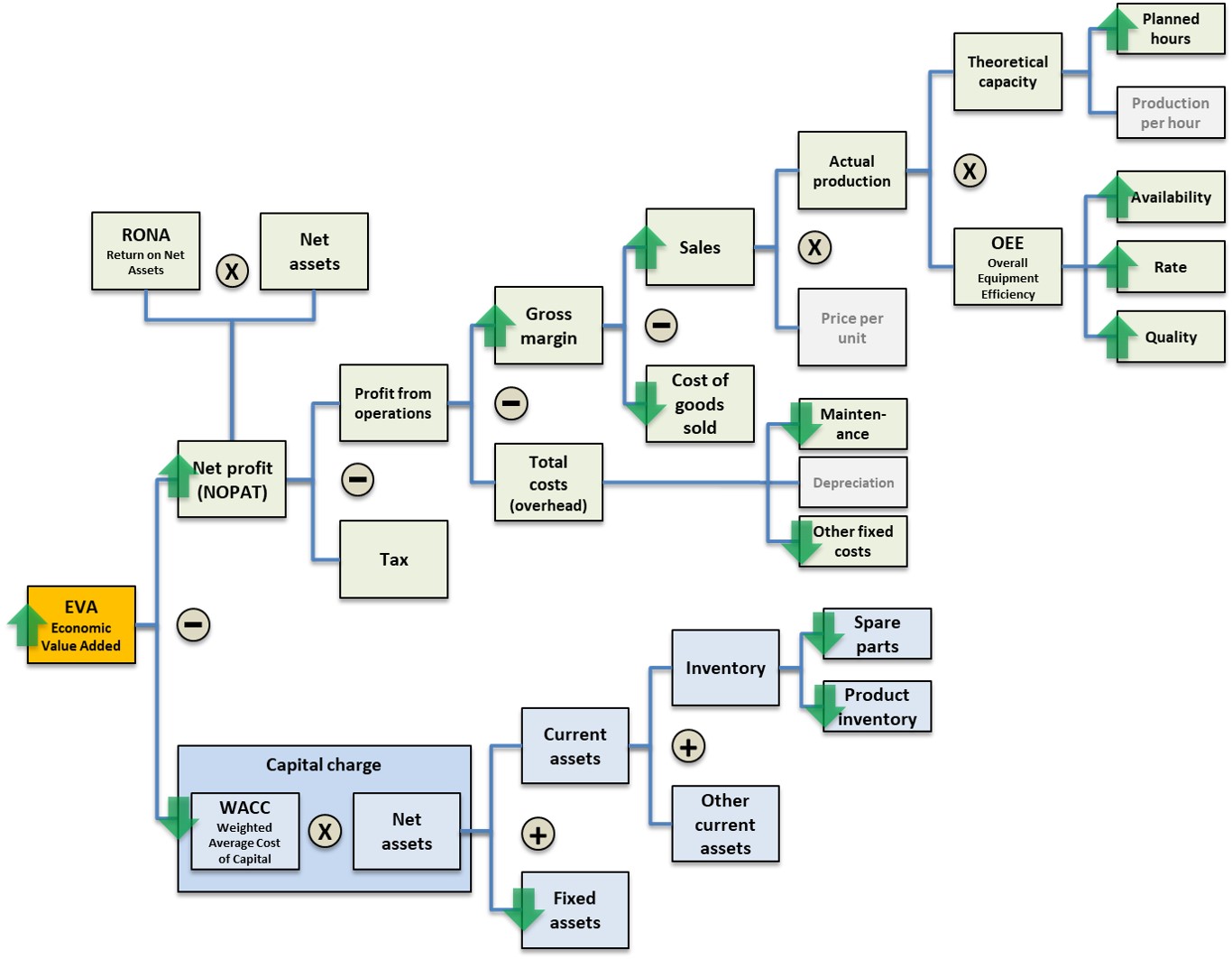The Economics of Reliability
Topics covered: financial justification, Return On Investment (ROI), the time value of money, discounted payback period, cost of capital, assessing financial performance.
The only way to gain, and retain, senior management support is to determine the financial benefits of the initiatives. Even though it may make “common sense” to improve reliability, and even though you may be able to identify a dozen technical reasons for improving reliability, senior management is primarily interested in the business opportunity in financial terms – that is what their responsibilities are, achieving maximum benefit for shareholders and/or owners (or delivering the required services within a defined budget).
Whether you need the language of economics to justify the entire initiative, or for investments that must be made as part of the initiative – you do need to understand the language of finance of you wish to make a positive impression on management and gain their support.
This course has been extracted from the Asset Reliability Practitioner® (ARP) Reliability Program Leader ARP-L course; therefore, it is perfect for anyone who wishes to successfully implement a reliability improvement program or gain approval for any project. In addition, understanding basic finance is a key step toward all management roles.
Note that you will be credited with this course fee if you upgrade to the ARP-L course.
LANGUAGE: English
LESSONS: 14
DURATION: 3 hours
SUBSCRIPTION DURATION: 3 months
The course includes 2hr 27min of video lessons, delivered by Jason Tranter, the founder, and CEO of Mobius Institute.


